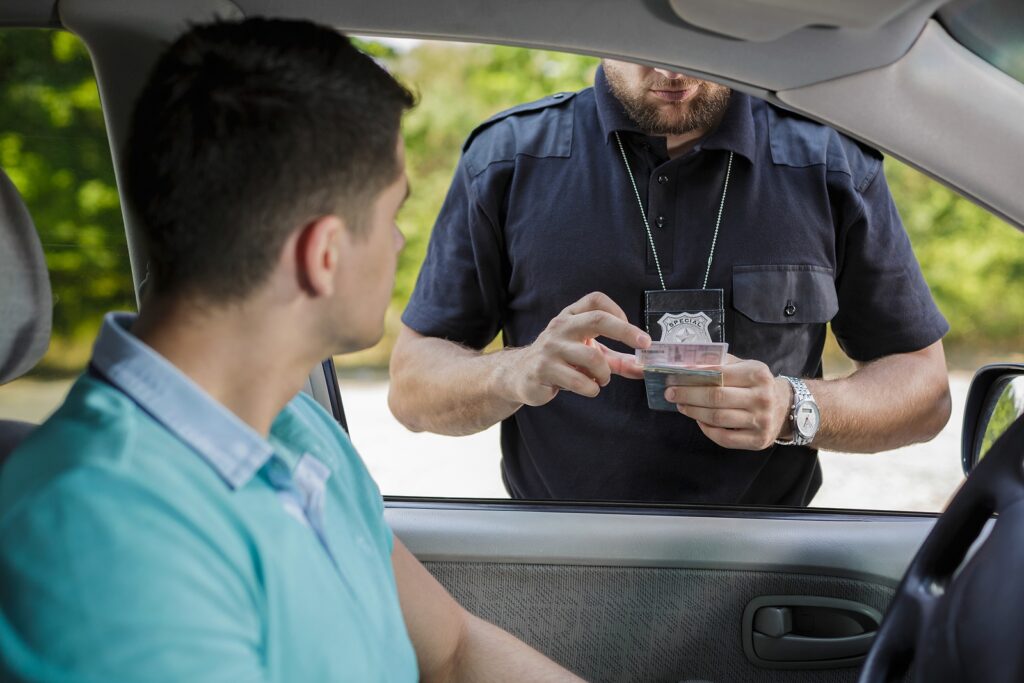In the State of Missouri, a conviction for assault entails serious penalties. If you are charged with assault in this state, either as a misdemeanor or as a felony, reach out to a Jefferson County criminal defense lawyer at once.
What constitutes assault under Missouri law? What penalties can be imposed for assault convictions? If you’ll continue reading, you will learn the answers to these questions, and you will also learn more about your rights if you are charged with an assault crime in this state.
The State of Missouri recognizes four “degrees” of assault, from the least serious (fourth-degree assault) to the most serious (first-degree assault). No crimes in Missouri are defined as “battery.” What would be considered battery in other states is included in Missouri’s definition of assault.
Is “Domestic” Assault Different?
An assault committed against a spouse, a family member, someone with whom the offender resides or previously resided, or someone with whom the offender is or has been involved in a dating relationship constitutes a domestic assault.

Domestic assault is handled differently than other assaults in Missouri, and the penalties can be more severe in many cases. If you face any type of assault charge in this state, you are going to need a good lawyer’s help.
What Constitutes Fourth-Degree Assault?
In Missouri, you can be arrested and charged with fourth-degree assault if:
- You recklessly injure or attempt to injure someone else.
- You negligently use a deadly weapon that causes bodily injury to another person.
- You intentionally threaten someone to make that person fear serious physical injury.
- You create the risk of injury or death to someone else with reckless behavior.
- You intentionally provoke or offend a person who’s incapacitated.
- You physically touch someone in a manner that is perceived as provocative or offensive.
Fourth-degree assault is usually charged as a Class C misdemeanor in this state, but it is charged as a Class A misdemeanor if the target of the crime is defined as a “special victim” under Missouri law. (Keep reading, and you’ll learn who are considered special victims.)
A conviction on the Class A misdemeanor charge may be penalized with up to a year in jail and/or a fine of up to $1,000. A conviction on the Class C misdemeanor assault charge may be penalized with up to fifteen days in jail and/or a fine of as much as $300.
What Constitutes Third-Degree Assault?
Third-degree assault happens in Missouri when a person intentionally causes a physical injury to someone else. Third-degree assault is usually charged as a Class E felony, but it is charged as a Class D felony if a special victim is the target of the crime.

A conviction for a Class E assault may be penalized with as much as four years in prison. A conviction for a Class D assault may be penalized with up to seven years in prison.
What Constitutes Second-Degree Assault?
You can be charged in Missouri with second-degree assault if:
- You intentionally cause or attempt to cause a serious physical injury to someone else while under the influence of “sudden passion.”
- You intentionally cause or attempt to cause injury to someone else with a deadly weapon or dangerous instrument.
- You recklessly cause someone else’s physical injury.
- You recklessly cause someone else’s physical injury by discharging a firearm.
Second-degree assault is usually charged as a Class D felony in this state, but it is charged as a Class B felony if the target of the assault is defined as a special victim.
A conviction on the Class D assault charge may be penalized with up to seven years in prison. A conviction on the Class B assault charge may be penalized with five to fifteen years in prison.
What Constitutes First-Degree Assault?
First-degree assault happens in Missouri when a person intentionally tries to kill or intentionally causes or tries to cause a serious physical injury to someone else. First-degree assault is usually a Class B felony, but it is a Class A felony if the target is a special victim.
A conviction for a Class B assault may be penalized with five to fifteen years in prison. A conviction for a Class A assault may be penalized with ten to thirty years in prison.
Assault Convictions Also Entail Extra-Legal Penalties
Because an assault conviction may show up on a background check, a convicted offender may have trouble finding employment or housing for years to come. An assault conviction will also prevent you from attending certain colleges and universities.

If you hold a professional license in Missouri, an assault conviction may trigger disciplinary action by your professional licensing board, and if you are an immigrant in Missouri, an assault conviction will put you at risk for deportation.
Who Are Special Victims?
The list of persons defined as special victims by Missouri law is quite extensive. As you might guess, it includes law enforcement officers, firefighters, and emergency medical personnel while they are performing their official duties, along with the elderly and the disabled.
However, Missouri’s special victim list also includes highway workers, cable workers, mass transit employees, and utility workers as well as parole officers, probation officers, and jailers while they are performing their official duties.
How Will an Attorney Defend You Against an Assault Charge?
Even when no one is actually injured, a defendant may be convicted for assault in Missouri merely for trying to injure someone. A Jefferson County criminal defense attorney may defend you by insisting that:
- You acted in self-defense or in the defense of someone else.
- Your action was not intentional or willful.
- You have been misidentified and someone else committed the assault.
- The “victim” fabricated the story, and no assault actually happened.

The precise defense strategy of a Missouri criminal defense attorney in an assault case will hinge on the details of the charge. A defense attorney will usually attempt to have an assault charge reduced to a lesser charge or simply dismissed.
When Should You Contact a Missouri Criminal Defense Lawyer?
If you are innocent of an assault charge and the charge cannot be dropped or dismissed, you have the right to insist on a jury trial where your attorney will ask the jury to find you not guilty.
If you are placed under arrest for an assault charge, exercise your right to remain silent, politely insist on having your lawyer present before you answer any questions, and contact a Jefferson County criminal defense lawyer at once. Your future and your freedom may depend on it.




